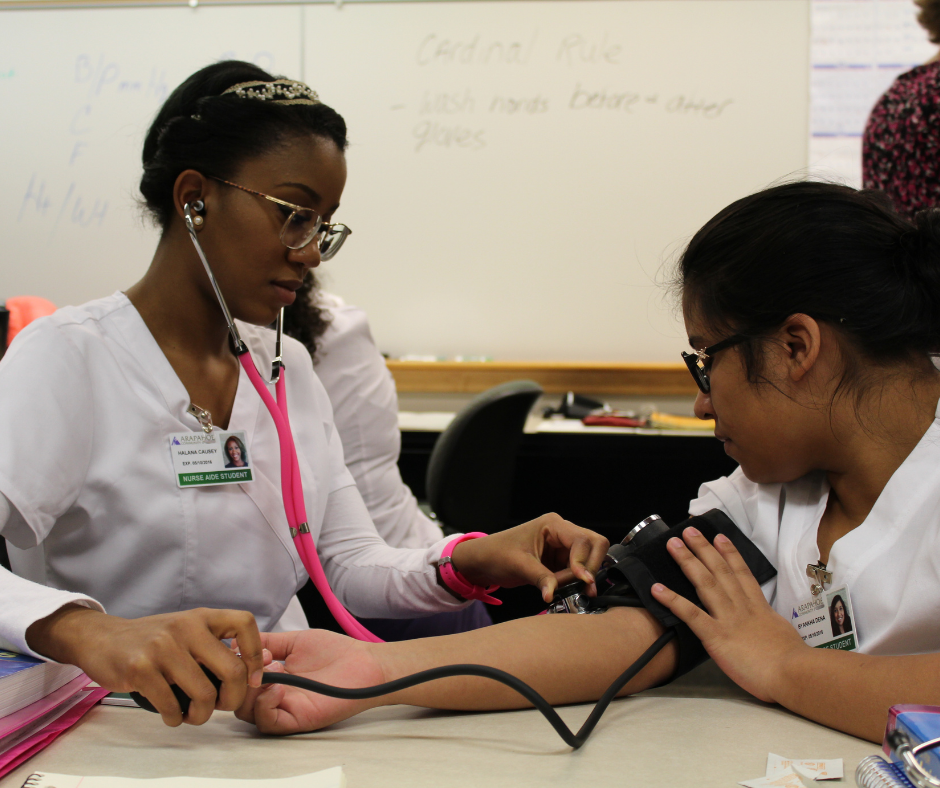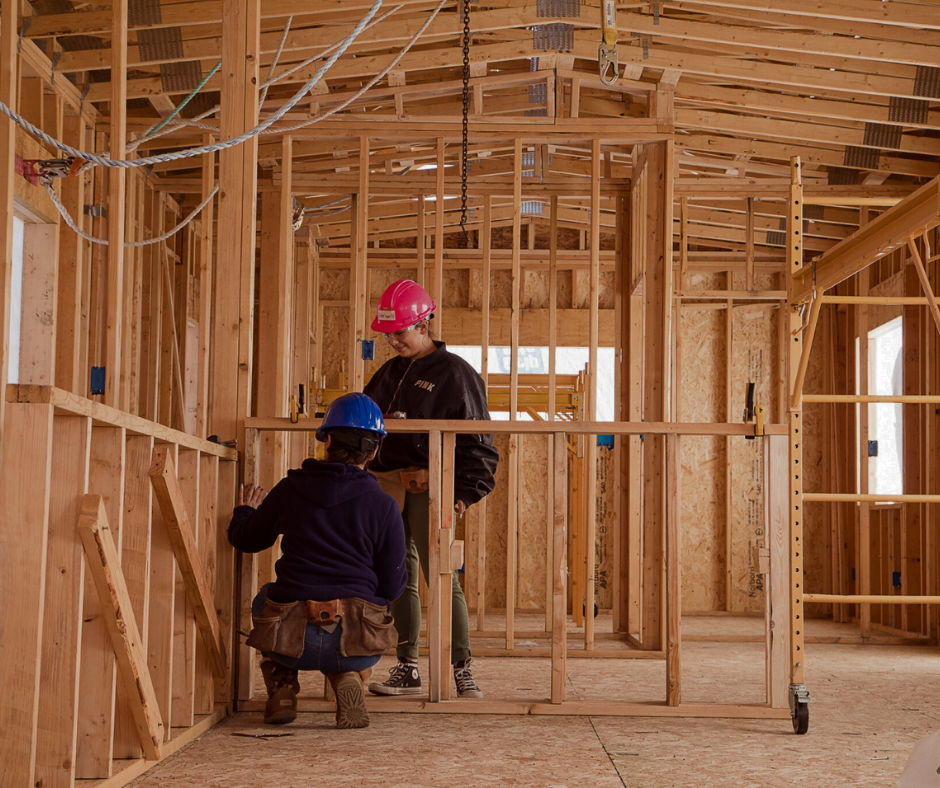New Law Authorizes Colorado’s First Apprenticeship-Based Associate Degree
A new apprenticeship degree model will help more Colorado students earn valuable credentials while gaining paid, hands-on work experience
2025 Legislative Spotlight Series: Highlighting key education and workforce policies passed this session
Colorado is reimagining how students access the education and training needed for today’s jobs.
House Bill 25-1221, sponsored by Representatives Hamrick and Garcia Sanders, and Senators Bridges and Lundeen, authorizes Emily Griffith Technical College to offer Associate of Applied Science (AAS) degrees — making it the first technical college in Colorado’s K-12 system with the ability to grant degrees in high-demand fields.
The first degree to be offered — in Advanced Manufacturing — is being developed in partnership with the Colorado Advanced Manufacturing Association. Students will split their time between the classroom and job sites, earning a paycheck as they work toward a degree that can lead to higher-paying jobs or further education.
The goal: Create more options for students to earn degrees through gaining real-world experience, graduate with less debt, and be prepared for meaningful careers, especially in fields facing urgent workforce shortages.
Emily Griffith is leading the nation in the expansion of registered apprenticeship as a viable higher education opportunity, and this legislation provides a framework for other colleges and regions across Colorado to follow.
What This Legislation Does
The legislation signed into law in April enables Emily Griffith Technical College to offer an AAS degree beginning with Advanced Manufacturing, with the potential for other high-skill, high-wage fields to follow.
These degree pathways are designed to meet industry needs while also giving students a stackable credential that can be used to continue education or immediately enter the workforce.
A stackable credential is a certificate or degree that builds on previous learning, allowing students to gain skills that lead directly to good jobs while creating a pathway to further education and higher wages.
Crucially, the legislation provides a framework for how other technical colleges and regions could pursue similar models in the future. Colorado has several efforts underway to see more stackable credentials and apprenticeships embedded into degree pathways, including the 2022 legislation leading to the Stackable Credentials Initiative and 2023 legislation Credential Quality Apprenticeship Classification with the Department of Higher Education and Colorado Succeeds partnership on Project SCALE which is working to support skilled trades pathways.
Why This Matters
This new approach offers a powerful strategy to close the gap between education and employment, especially for students who face barriers to traditional four-year degrees.
Over 90% of Colorado’s family-sustaining jobs require education beyond high school, and yet less than 30% of Colorado high school graduates receive a certificate, associate’s, or bachelor’s degree within six years. Apprenticeship degrees offer a practical, affordable way to change that trajectory, helping students gain college-level skills while getting paid to learn.
At the same time, this model directly supports industry, like advanced manufacturing, where Colorado employers are facing growing demand for workers with specialized training. By embedding college degree pathways into job-connected experiences, the state is aligning education with the real-world needs of learners and employers alike.
“Colorado is continuing to break down the barriers between high school, college, and career, creating new pathways that give students opportunity to earn and learn at the same time. This legislation is a smart step forward for our education and workforce system, ensuring more learners can earn credentials that lead directly to good jobs and long-term economic mobility.”
Shannon Nicholas
Senior Vice President of Policy & Advocacy, Colorado Succeeds
By embedding degree-granting authority within a public technical college that serves both adult learners and high school students, the state is expanding access to accelerated, affordable, and workforce-aligned education options.
Work-based learning is a critical tool for improving postsecondary student outcomes and preparing Colorado’s future workforce. As more consumers question the value of higher ed and more employers seek job-ready talent, this bill embeds real-world experience into degree programs, producing graduates who are skilled, connected, and ready to contribute.
2025 Legislative Spotlight Series: Highlighting key education and workforce policies passed this session
Read the other blogs in this series:





